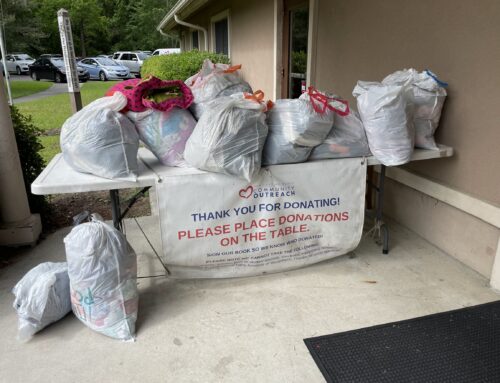The New Year signifies a new beginning, and with that comes the opportunity to make both minor and significant lifestyle improvements. While many will make resolutions on a personal level, Transworld is encouraging people to also make changes in their homes by practicing electrical safety measures that can prevent fires and help keep families safe.
In North America, home electrical problems cause more than 75,000 fires each year, resulting in more than 500 deaths, 1,400 + injuries, and $1.3 billion in property damage. The colder weather the New Year brings also leads to the increased use of electrical products, making people more susceptible to electrical fires, electrocutions, and injuries.
Jumps start your electrical safety resolution by wrapping up your holidays with these tips from Transworld.
• Take down and put away all electric decorations at the beginning of January. Check for frayed wires, cracked sockets, or burned out bulbs. Discard broken or faulty lights.
• Make sure that electrical cords are in good condition. Inspect for frayed wires and cracked insulation.
• Separate and label indoor and outdoor decorations. Store them in a dry location that is safely out of reach of children and pets.
• Send warranty and product registration forms for new decorations to manufacturers in order to be notified about product recalls.
• Remove and properly dispose of Christmas trees. The best way to dispose of a tree is to bring it to a recycling center or contact a community pickup service.
Keep your home safe by learning the basics of how home heating and electrical systems work, and making sure they are properly maintained with these tips from Transworld:
• Always have a qualified, licensed professional install stationary space heating equipment, water heaters or central heating equipment according to the local codes and manufacturer instructions.
• Install carbon monoxide alarms on every level of your home and outside each sleeping area.
• Have your furnace cleaned and inspected annually by a licensed, qualified professional.
• Be sure circuit breakers and fuses are correctly labeled with their amperage and the rooms, circuits, or outlets they service.
• Consider having a qualified, licensed electrician replace your standard circuit breakers with combination-type arc fault circuit interrupters (AFCIs).
• Make sure ground fault circuit interrupters (GFCIs) are installed in your kitchen, bathrooms, workshop, basement, garage, outdoors, and any other areas where water and electricity are likely to come in contact.
• Examine electrical outlets and replace missing or broken wall plates to ensure that wiring and components are not exposed.





